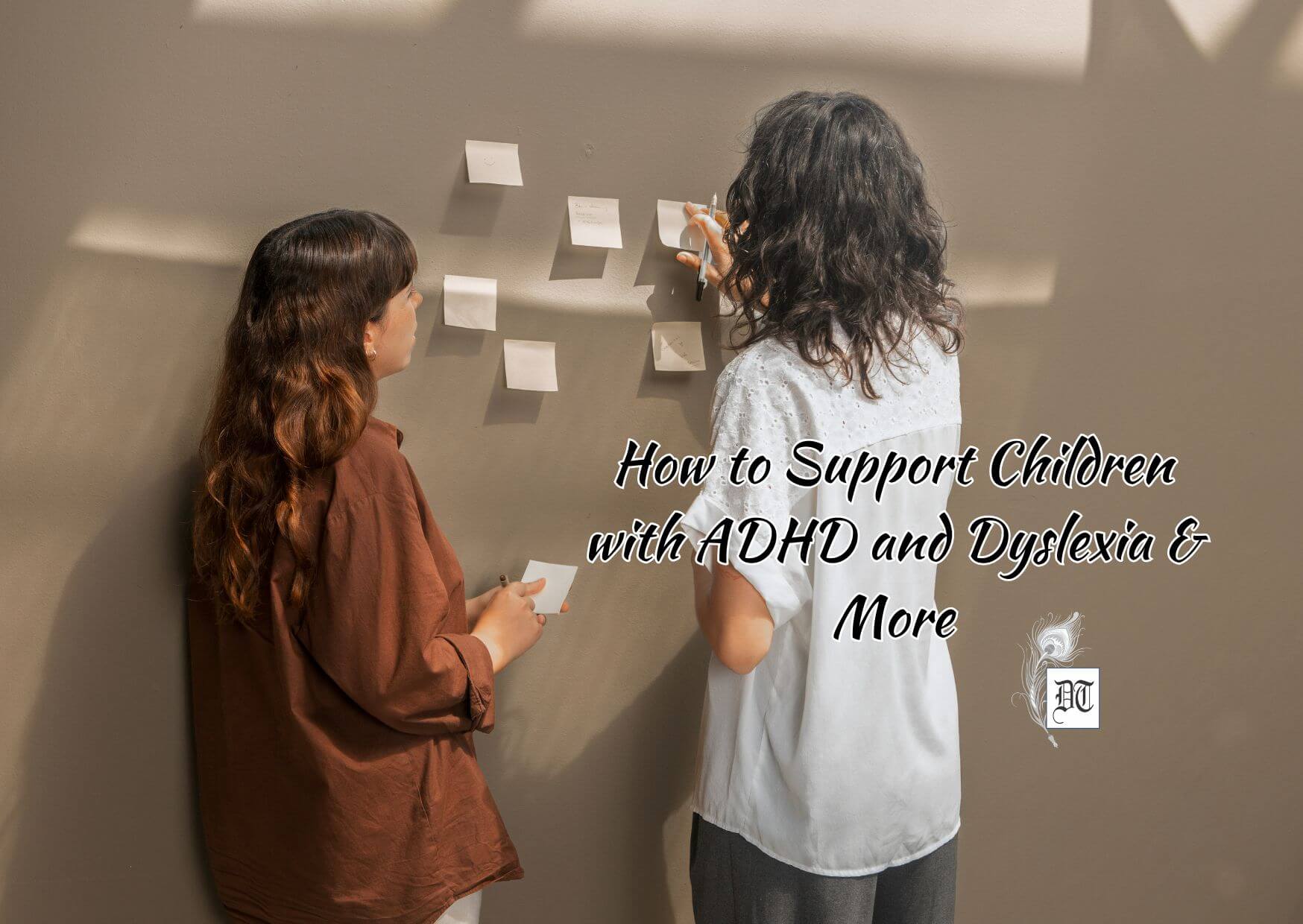Rajul’s exclusive article for Different Truths highlights the significance of neurodiversity in children, emphasising the need to acknowledge and appreciate these inherent variations in brain function.
Neurodiversity refers to the natural variation in neurological traits among individuals. Just as we embrace diversity in other aspects of life, it’s crucial to recognize and celebrate neurodiversity. Neurodivergent children possess neurological differences that affect their cognitive, emotional, and social functioning. These variances can include conditions such as autism spectrum disorder (ASD), attention-deficit/hyperactivity disorder (ADHD), dyslexia, dyspraxia, and more. Identifying neurodivergent traits in children is essential for providing them with appropriate support and understanding.
Types of Neurodivergence
1. Autism Spectrum Disorder (ASD): ASD encompasses a wide range of conditions characterised by challenges with social skills, repetitive behaviours, speech, and nonverbal communication. Some individuals with ASD may have exceptional abilities in certain areas, such as mathematics, music, or art.
2. Attention-Deficit/Hyperactivity Disorder (ADHD): ADHD is a neurodevelopmental disorder that affects a child’s ability to pay attention, control impulsive behaviours, and regulate activity levels. Children with ADHD may struggle with organization, time management, and following instructions.
3. Dyslexia: Dyslexia is a learning disorder that affects reading ability. Children with dyslexia may have difficulty with phonological processing, spelling, and decoding words. Despite these challenges, individuals with dyslexia often excel in problem-solving, creativity, and visual thinking.
4. Dyspraxia (Developmental Coordination Disorder): Dyspraxia is a neurological condition that impacts motor coordination, making it difficult for children to plan and execute movements. This can affect handwriting, tying shoelaces, and participating in sports. Dyspraxia may also affect speech and language development.
5. Intellectual Disabilities: Intellectual disabilities are characterized by limitations in cognitive functioning and adaptive behaviour. These limitations can affect a child’s ability to learn, communicate, and perform daily activities independently. Intellectual disabilities can range from mild to severe.
Identifying Neurodivergent Traits in Children
Recognising neurodivergent traits in children requires observation, awareness, and understanding. Here are some signs that may indicate neurodivergence:
1. Social Challenges: Difficulty understanding social cues, making eye contact, or forming friendships.
2. Communication Difficulties: Delayed speech development, trouble with conversation skills or repetitive language.
3. Sensory Sensitivities: Overreacting or underreacting to sensory stimuli such as lights, sounds, textures, or smells.
4. Repetitive Behaviours: Engaging in repetitive movements, rituals, or routines.
5. Difficulty with Transitions: Struggling with changes in routine or transitioning between activities.
6. Hyperactivity or Impulsivity: Constant movement, difficulty sitting still or acting impulsively without considering consequences.
7. Learning Challenges: Difficulty with reading, writing, math, or other academic tasks despite average or above-average intelligence.
Supporting Neurodivergent Children
1. Early Intervention: Early identification and intervention can significantly improve outcomes for neurodivergent children. Seek assessment and support from healthcare professionals, educators, and specialists.
2. Individualised Education Plans (IEPs): Work with your child’s school to develop an individualised education plan tailored to their unique needs and strengths. This may include accommodations, modifications, and specialized instruction.
3. Therapy and Support Services: Consider therapy options such as speech therapy, occupational therapy, behavioural therapy, or social skills training to address specific challenges.
4. Create a Supportive Environment: Foster an environment at home that is understanding, accepting, and accommodating of your child’s differences. Celebrate their strengths, provide opportunities for growth and success.
5. Advocacy: Advocate for your child’s needs within the community, schools, and healthcare system. Educate others about neurodiversity and challenge stigma and stereotypes.
6. Empowerment: Encourage your child to embrace their identity and strengths. Help them develop self-awareness, self-advocacy skills, and resilience in navigating the world.
Conclusion
Neurodivergent children possess unique strengths, talents, and perspectives that enrich our world. By understanding and supporting their diverse needs, we can empower them to thrive and reach their full potential. It’s essential to recognize neurodiversity as a natural variation in human experience and promote acceptance, inclusion, and equity for all individuals, regardless of neurological differences. With the right support and resources, neurodivergent children can lead fulfilling and meaningful lives, making valuable contributions to society.
Picture design by Anumita Roy





 By
By
 By
By
 By
By